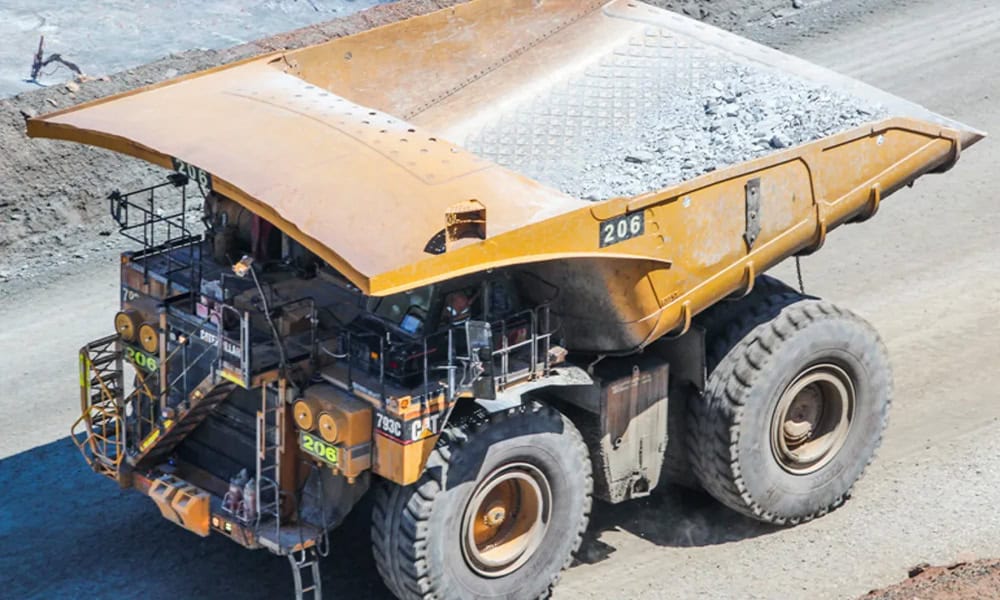Costa Rica’s government is pushing a controversial bill that could open the entire Cutris district in San Carlos—848 square kilometers—to open-pit gold mining. The proposal, known as bill 24.717, has environmental groups up in arms over the potential damage to forests, rivers, and wildlife. Introduced last year by President Rodrigo Chaves Robles, the bill would allow mining concessions through auctions, with no cap on the number of permits. It’s a sharp break from the country’s 2010 ban on open-pit metallic mining, which has held firm for 15 years.
The Flora and Fauna Preservationist Association (APREFLOFAS) warns the project could dwarf the environmental fallout of Crucitas, a failed gold mine in Cutris that covered 300 hectares. Crucitas, once pursued by Canadian company Infinito Gold, relied on a 143-hectare tailings pond to store toxic sludge laced with cyanide. Illegal mining in Crucitas today affects just 10 to 15 square kilometers, but legalizing mining across Cutris could amplify the harm exponentially, APREFLOFAS says. In March, the group submitted a 48-page report to lawmakers, highlighting risks like polluted rivers, wrecked landscapes, and lost forests in a region battered by tropical storms.
Tailings ponds are the biggest worry. These massive reservoirs hold ground rock mixed with cyanide and heavy metals—lead, cadmium, nickel, arsenic—that can poison ecosystems and people. Bernal Gamboa, a lawyer who helped shut down Crucitas, called the tailings pond the “weak spot” of mining. Speaking to lawmakers, he described Crucitas’ planned pond as 143 hectares—twice the size of San José’s La Sabana Park—and 18 meters deep, like a six-story building. A single leak could devastate Cutris’s rivers and aquifers.
Biologist Jorge Lobo, who’s studied mining’s impact for years, didn’t hold back. He told lawmakers the bill threatens Costa Rica’s biodiversity, sovereignty, and environmental legacy. “It could unleash a flood of mining requests, undoing decades of protections,” he said. The 2010 ban, Law 8904, was a hard-won victory for activists, and many see bill 24.717 as a betrayal of that legacy.
As the Legislative Assembly debates the bill, environmentalists are urging lawmakers to reject it. They argue Costa Rica’s future lies in sustainable development, not gold.






